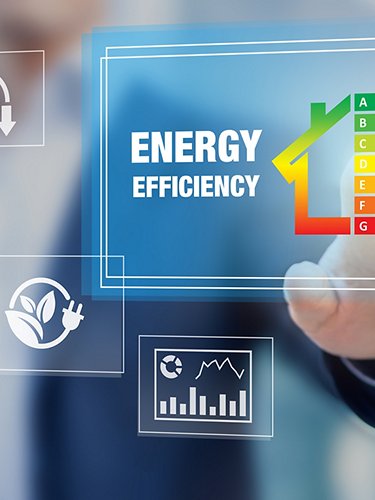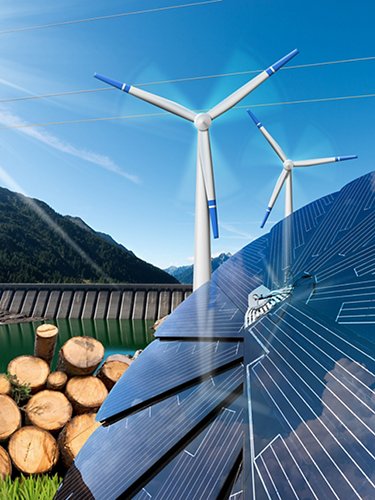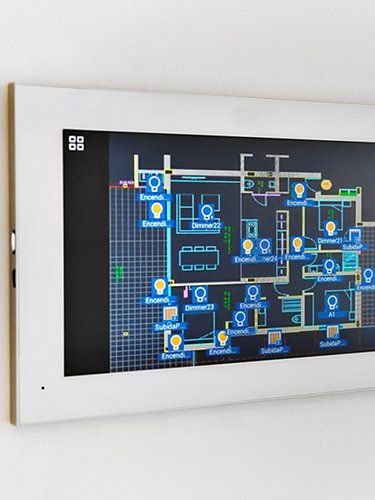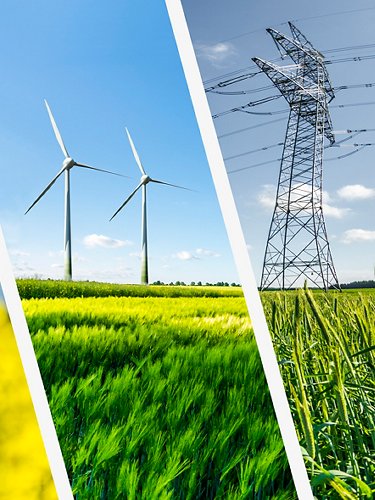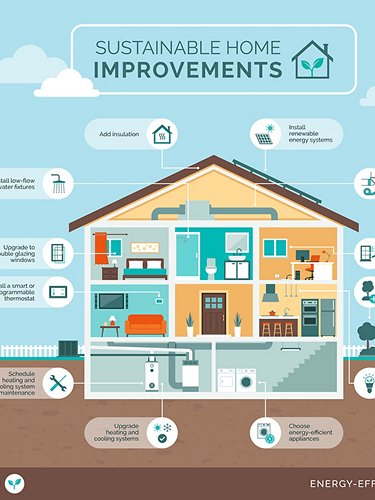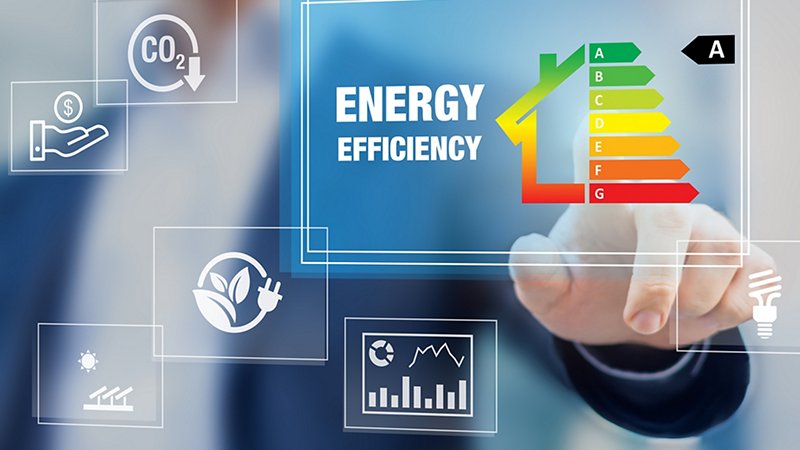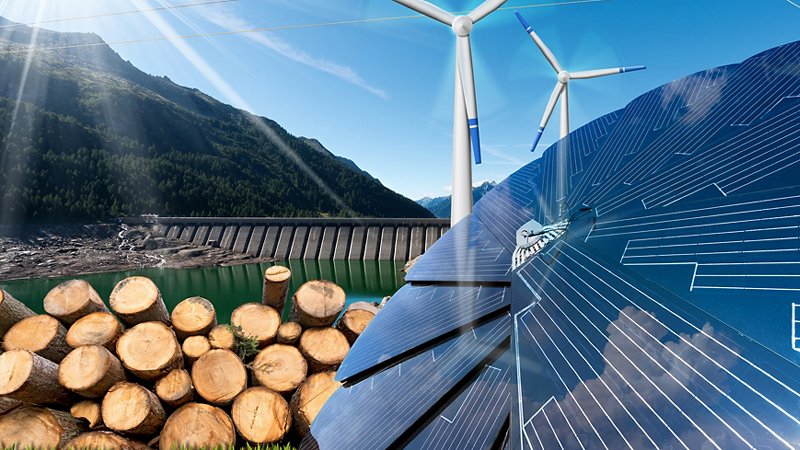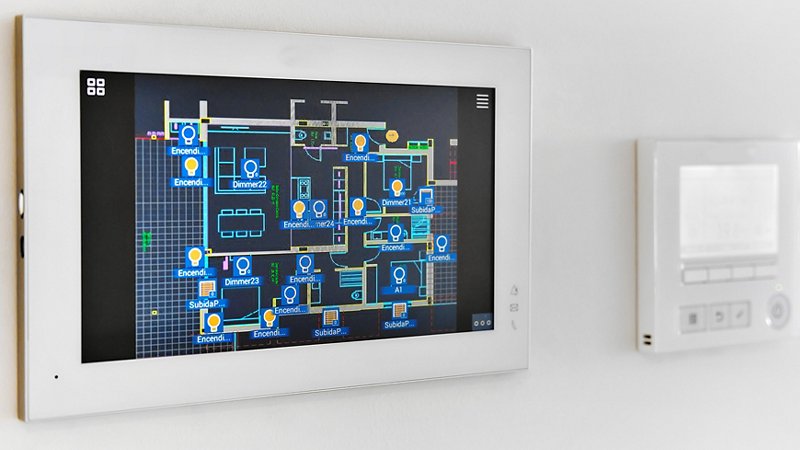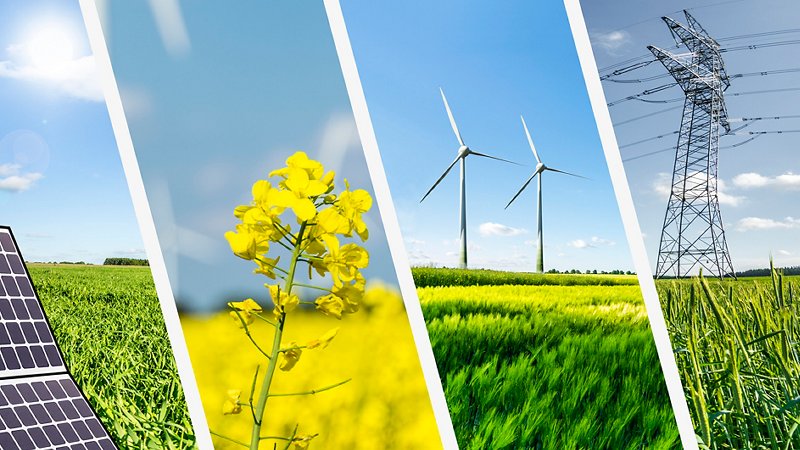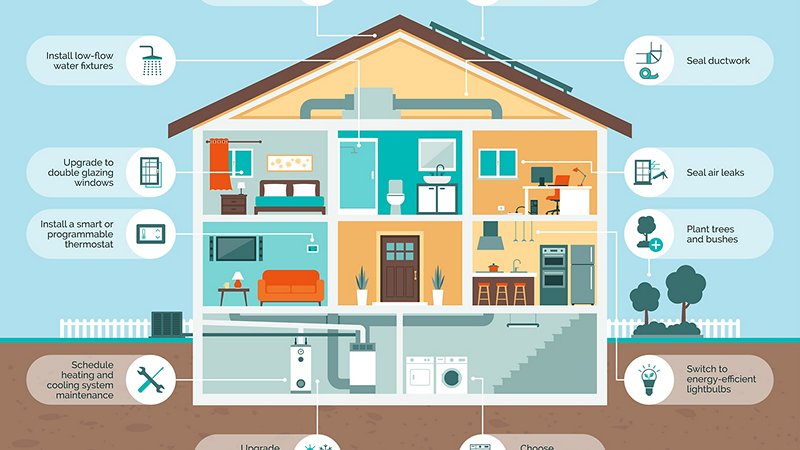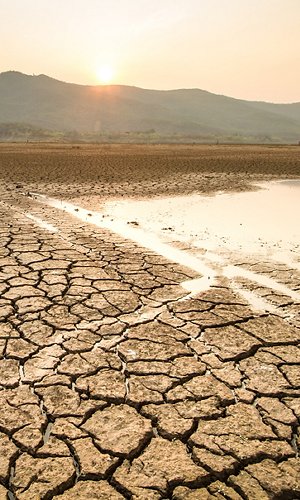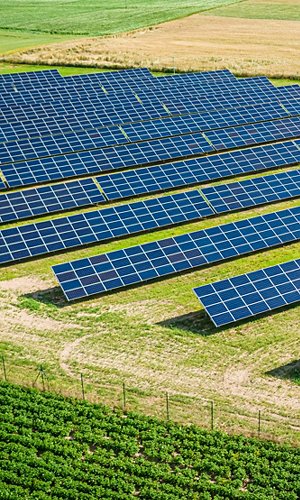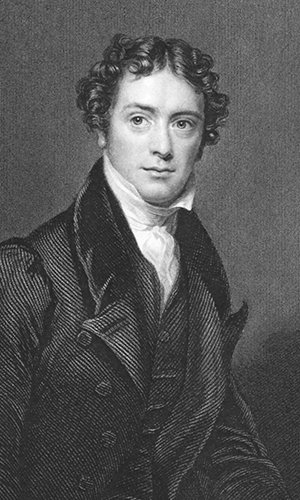The expression ‘energy transition’ refers to the move towards sustainable economies, through the use of renewable energy, the adoption of energy-saving techniques and sustainable development. Energy transition is a process that has accompanied the human race from the very beginning and has enabled the development and progress of human civilisation. There are two fundamental elements that characterise an energy transition. The first is that it is a complex and time-consuming process, as it involves structural changes in the way energy is produced and used. The second concerns the impact of the energy transition on economic development, quality of life, social organisation and the environment. If we consider, for example, those countries that have not yet been decisively affected by the last energy transition, i.e. the one triggered by the Industrial Revolution, it is easy to see what the social benefits could be if modern energy sources were to become more widely available. Just think, for example, of the benefits electricity would bring to societies that still light their houses with candles or oil lamps, or the introduction of machinery into rural agriculture that relies mainly on human and animal power.

